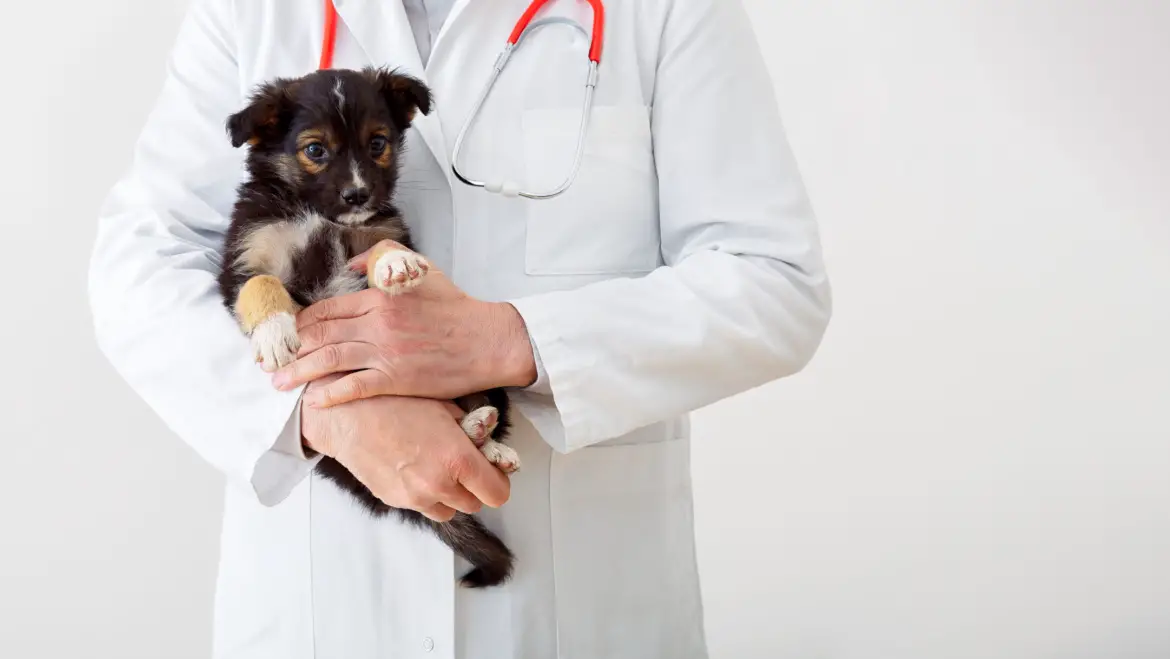Bringing home a new puppy is an exciting experience, but with the excitement comes responsibility. When it comes to keeping your furry friend happy and healthy, vaccinations are crucial.
As a new pet owner, it’s essential to understand which vaccines your pup needs and when they should receive them. Don’t worry; we’ve got you covered! In this guide, we’ll cover everything you need to know about puppy vaccinations 101 so that you can keep your furry companion healthy and protected for years to come. Let’s get started!
Introduction to Puppy Vaccinations
Puppies are born without any immunity to disease, so it’s important to get them vaccinated as soon as possible. The most important thing you can do for your new puppy is to make sure he or she receives a complete series of vaccinations according to their age and health condition.
Puppy vaccinations usually begin at 6-8 weeks of age and continue every 3-4 weeks until the puppy is at least 16 weeks old. Some of the diseases that puppies can be vaccinated against include distemper, hepatitis, leptospirosis, parvovirus, and parainfluenza.
Your puppy will also need a booster vaccination one year after their initial series is completed. After that, they will need boosters every one to three years depending on their risk of exposure to disease and their health status.
Types of Vaccines and How Often To Administer Them
There are many different types of vaccines available for puppies, and it is important to know which ones your puppy needs and when to administer them. The most common vaccines are against rabies, distemper, parvovirus, and hepatitis.
Puppies should be vaccinated against these diseases at 8 weeks of age, then again at 12 weeks of age, and finally at 16 weeks of age. After that, they should be vaccinated against rabies and distemper every year, and against parvovirus and hepatitis every three years. Other less common vaccines include those against Bordetella, leptospirosis, coronavirus, and Lyme disease.
Your veterinarian will be able to advise you on whether or not your puppy needs these additional vaccines based on their risk factors. For example, puppies who will be spending time around other dogs (such as at a doggy daycare) or who live in an area where Lyme disease is prevalent may need to be vaccinated against these diseases.
Benefits of Vaccinating Your Puppy
As a new puppy owner, you may be wondering whether to vaccinate your pup. There are many benefits to vaccinating your puppy, including protecting them from serious diseases, reducing the spread of disease, and peace of mind for you as their owner. Puppies are especially vulnerable to disease because their immune systems are not yet fully developed.
By vaccinating your puppy, you can help protect them from serious and life-threatening diseases such as parvovirus, distemper, and hepatitis. Vaccinating your puppy also reduces the risk of them spreading these diseases to other dogs, which is especially important if you have an older dog or one with a weakened immune system.
Vaccinating your puppy can be stressful, but it is an important part of keeping them healthy. Talk to your veterinarian about the best vaccination schedule for your pup, and make sure to follow up with booster shots as recommended. With proper care and vaccination, your puppy will have a long and healthy life.
Risks to Consider When Vaccinating a Puppy
When it comes to vaccines, there are always risks to consider. However, these risks are often outweighed by the benefits of vaccinating your puppy. Some of the risks to consider when vaccinating a puppy include:
1. Allergic reactions. While rare, some puppies may have allergic reactions to the vaccines. Symptoms can include itching, swelling, and hives. If you notice any of these symptoms after your puppy is vaccinated, seek medical attention immediately.
2. Autoimmune diseases. In very rare cases, puppies may develop autoimmune diseases after being vaccinated. This is thought to be caused by an overreaction of the immune system to the vaccine itself. Symptoms can vary depending on the disease, but may include hair loss, joint pain, and organ damage. If you suspect your puppy has developed an autoimmune disease after vaccination, seek veterinarian care immediately.
3. Cancer. There is a small risk that certain vaccines can cause cancer in puppies. This is most commonly seen with the rabies vaccine. However, the overall risk of developing cancer from a vaccine is still very low. If you are concerned about this risk, speak with your veterinarian before vaccinating your puppy
Ways to Make Vaccination Visits Easier on Your Pet
Puppies need several rounds of vaccinations to be fully protected against disease. Here are some ways to make vaccination visits easier on your pet:
1. Choose a time when your puppy is relaxed and not too tired. Vaccination visits can be stressful for puppies, so it’s best to choose a time when they’re less likely to be agitated.
2. Make sure the vet clinic is calm and quiet. Avoid clinics that are crowded or loud, as this can further stress your puppy out.
3. Stay with your pup during the visit. If possible, hold your puppy during the injection to help them feel more secure.
4. Give praise and treats after the visit. puppies respond well to positive reinforcement, so make sure to give them plenty of love and attention after their vaccination visit is over!
Cost of Vaccination for Puppies
The cost of vaccination for puppies can vary depending on the type of vaccine and the number of doses required. The most common vaccines for puppies are the core vaccines, which include rabies, distemper, and parvovirus.
These vaccines are typically given in a series of three shots, with each dose costing between $20 and $50. Non-core vaccines, such as those for Bordetella and Lyme disease, may also be recommended depending on the puppy’s risk factors. These vaccines typically cost between $10 and $30 per dose.
Other Considerations for Puppy Health Care
In addition to vaccinations, there are other important considerations for puppy health care. Parasites, both internal and external, can pose a serious threat to your puppy’s health. Intestinal parasites, such as roundworms and hookworms, are commonly found in puppies. These parasites can cause gastrointestinal distress and even death.
External parasites, such as fleas and ticks, can also cause serious health problems for puppies, including anemia and skin infections. Puppies are also susceptible to a number of infectious diseases. Some of the most common include parvovirus, distemper, and adenovirus.
These diseases can be deadly, so it is important to make sure that your puppy is up-to-date on all of his or her vaccinations. Additionally, puppies need to be socialized early on to help prevent behavior problems later in life. Socialization means exposing your puppy to a variety of people, places, and experiences in a positive way. This will help your puppy learn how to interact with the world around him or her in a healthy way.
Conclusion
Vaccinating your puppy is an important step in maintaining their health and safety. We have outlined the kinds of vaccinations that puppies should receive and when, as well as tips for finding a veterinarian who can provide these services.
Use this article as your guide to ensure that you’re providing the best protection possible for your furry friend! With proper care and regular check-ups at the vet, you’ll be able to give them a long and happy life full of love.





Add Comment